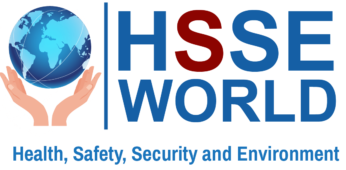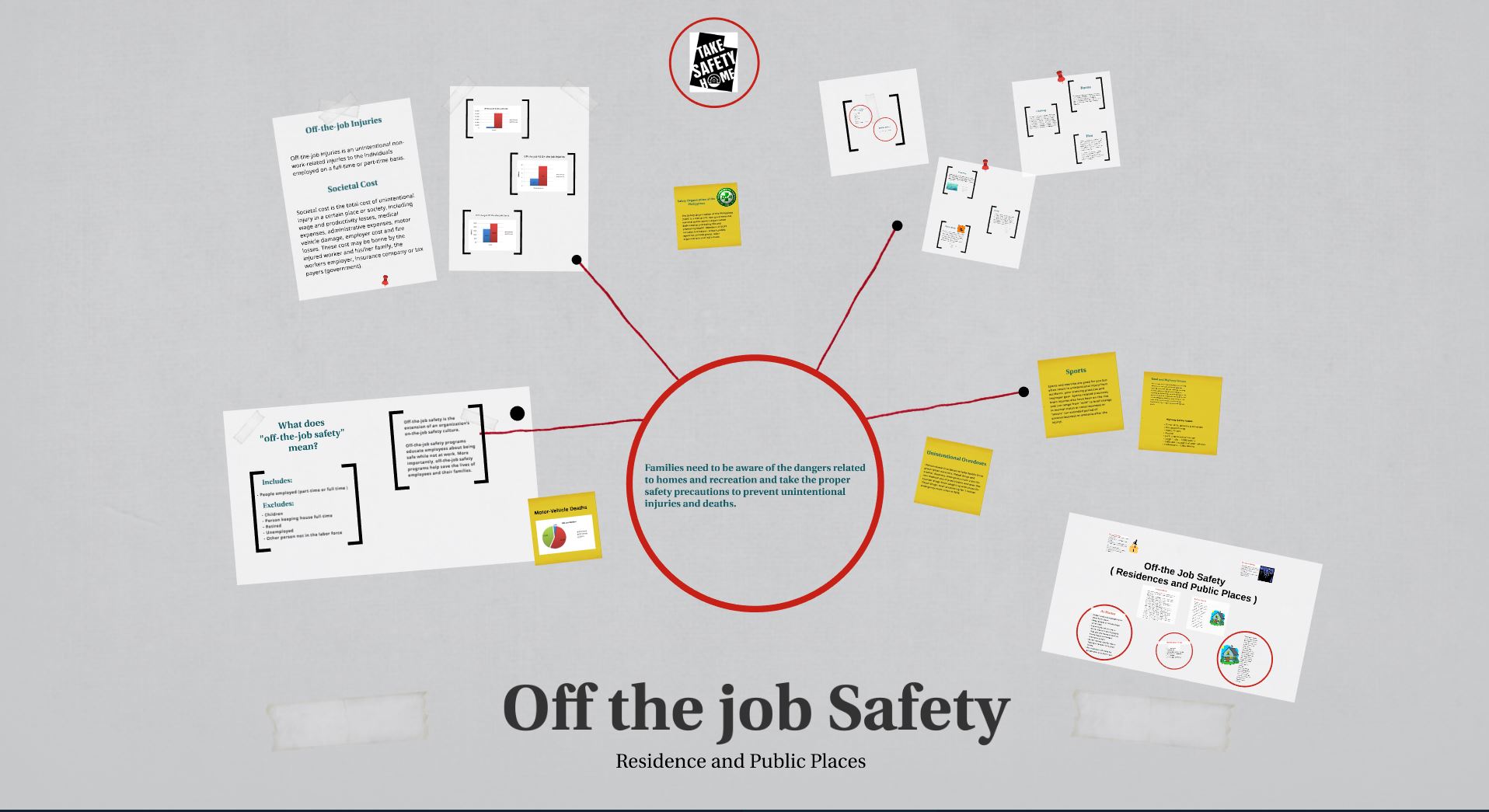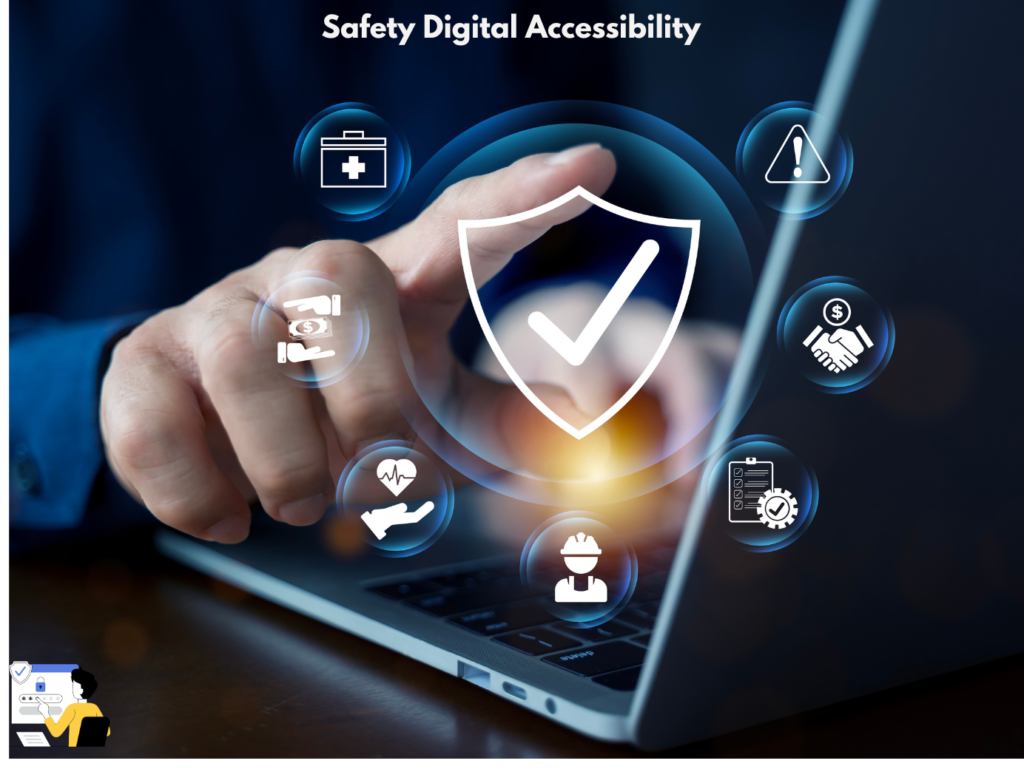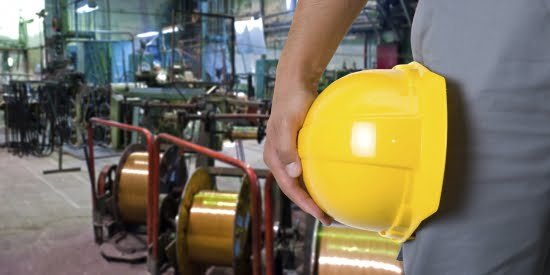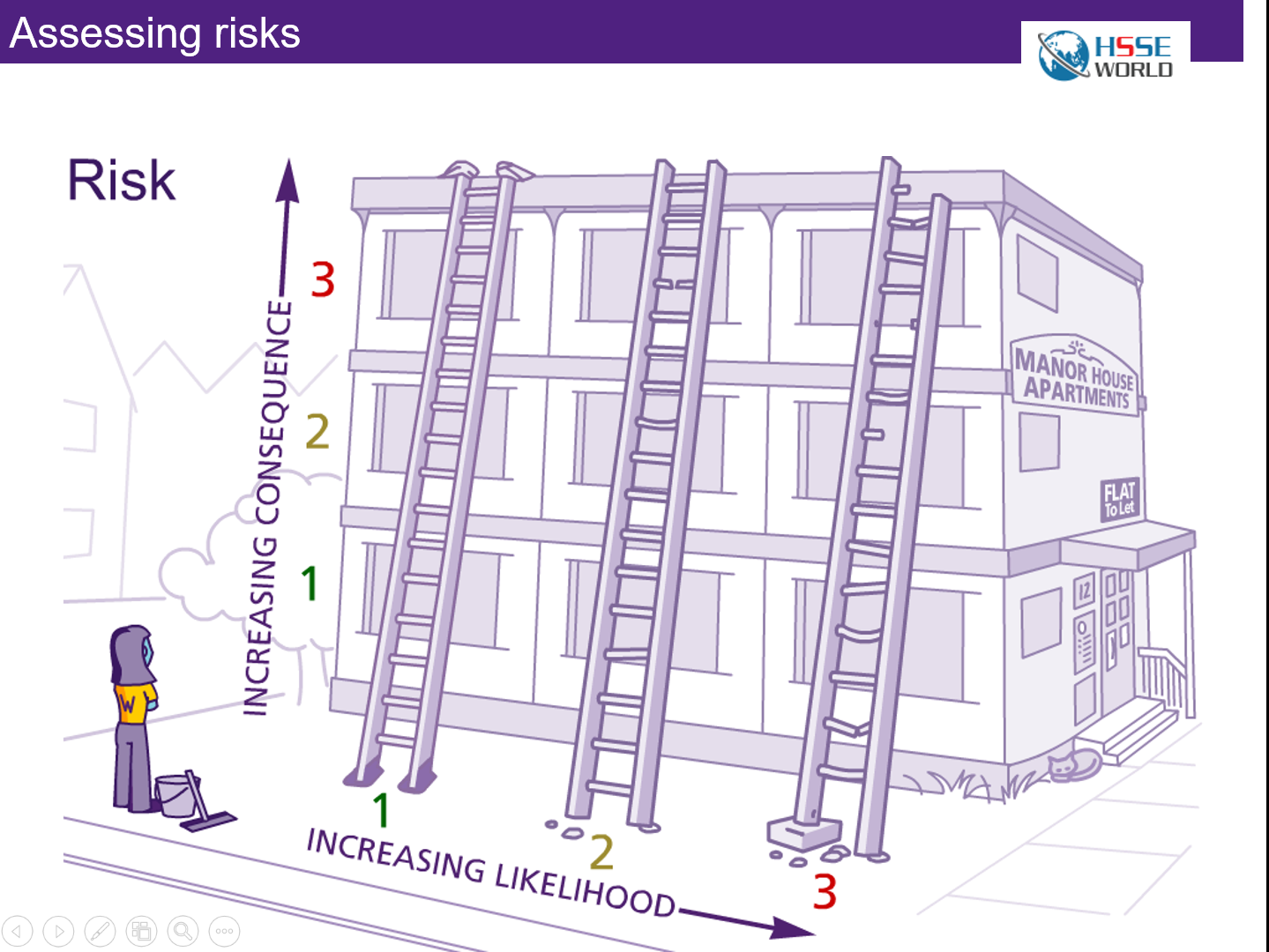Most of us are familiar with on-the-job safety. Your company strives to maintain a safe working environment and keeps employees informed and alert to possible hazardous situations.But what about safety off-the-job? Even those of us who are safety-conscious at work may sometimes forget to use the same precautions when we get home. It would probably surprise you to know how many of the deaths and injuries suffered by workers occurred off the job. Recent statistics show that off-the-job accidents accounted for 25 percent more days lost by workers than accidents on the job.
The safety of your employees when they are off-the-job impacts your organization as much, if not more, more than their safety on-the-job.The costs of off-the-job accidents to your organization often include, but are not limited to:
Medical expenses;
Lost productivity;
Short and long-term disability payments;
Overtime;
New employee training;
Loss of job experience, and;
Pain and suffering endured by other employees.
Motor vehicle accidents accounted for 63 percent of all off-the-job deaths, with the rest occurring at home or in public places. This suggests that maybe our safety sense off-the-job isn’t what is should be, so let’s review some safety tips that could help keep you and your families safe.
Below we will provide minimum requirements for the promotion of off-the-job safety awareness for workers at work environment as a guidelines for increasing a positive safety environment. Dedication to safety, both on and off the job, is important to the Project.
OFF-THE-JOB SAFETY
Contractors shall develop effective processes for the promotion of off-the-job safety awareness.
The importance of Off-the-job Safety shall be a topic included for every person during Contractor Orientations. Off-the-Job Safety shall be a primary Toolbox Meeting Subject at least once per quarter.
Warm weather means more outdoor activities including yard and home maintenance. Tools, equipment, and flammable liquids may be hazardous if used or stored improperly. For example:
- Each year, some 150,000 people are injured—most often, seriously—using power lawn mowers. But many such accidents can be prevented by taking some extra precautions. Wear eye protection to shield against dirt and other debris. Survey the area before you mow. Rocks, sticks, and other objects can become deadly missiles when thrown by the mower blade. Children should not be allowed in the area while you’re mowing.
- Yard and home maintenance often involves digging, raking, hoeing, and handling heavy or bulky materials such as bagged fertilizers, soils, or cement. Extra precautions can avoid strains or injuries.
- Flammable liquids, like gasoline and charcoal lighter fluids, are fire hazards. Keep gasoline in proper storage containers, and fuel gasoline-powered equipment only when it is cool, as a hot engine could ignite vapors. Follow directions when using charcoal lighter fluids. Many burns occur each year when fluids are sprayed onto flaming or smoldering coals, and fire flashes back to the container.
- Pesticides, weed killers and other chemicals also require special storage and handling. Keep them out of reach of children. Follow directions carefully regarding mixing, application, and personal protection for your eyes and skin. Also, wear respiratory protection if you would be breathing materials that could be harmful.
Winter presents its own at-home hazards, many of which have to do with your heating and ventilation systems: Have furnaces and chimneys cleaned regularly, and never leave an unscreened fireplace unattended while in use. If you need space heaters, choose a model that has an automatic turnoff when tipped, keep it safely away from furniture and draperies, and never leave it on when you leave the house.
Outdoors, be sure to dress warmly and wear gloves and warm socks to protect against frostbite. Covering the head helps to minimize loss of body heat. Snow and ice present slip-and-fall problems, but clear them away carefully to avoid overexertion, which could lead to back strain or even a heart attack. Remember the special precautions required for winter driving.
At Home
• Eliminate hazards that could cause falls and fires.
• Keep medicines, household cleaners and poisons out of the reach of children.
• Read labels carefully on household products and drugs prior to using.
• Use extreme caution when using power and hand tools.
• Use safety glasses, leather work shoes and gloves while working in the yard and garden.
• Store flammable liquids in approved safety containers.
• First-Aid and cardio pulmonary resuscitation (CPR) saves lives; learn them. Keep a First-Aid kit in the home and car.
• Install smoke detectors in the home.
• Eliminate slip, trip and fall hazards.
• Learn to operate a multi-purpose fire extinguisher on the various classes of fires. Have fire extinguishers installed/mounted in or near the kitchen, hobby shop and vehicle(s).
Driving
•When driving on a vacation trip, whatever the season, make sure that your car is in top running condition first. While you’re on the road, drive defensively and be sure everyone buckles up.
• Observe traffic laws, traffic signs, and road signs.
• Size-up traffic situations as far ahead as possible.
• Use correct turn signals.
• Use the rear view and side mirrors correctly.
• Regularly inspect vehicle’s safety devices and/or equipment (brakes, signals, tires, headlights).
• Slow down at potential danger points.
• Keep in the correct lane of traffic.
• Use the horn properly; it is not a toy, it is a safety device.
• Start on time to make appointments. Start earlier when weather conditions are not conducive for driving.
• Do not use a cell/mobile phone while driving.
• Never take chances.
• Drive the speed limit; adjust speed to accommodate conditions; drive defensively and watch-out for the other person.
• Use vehicle safety belts; driver and all passengers.
AT PLAY
• Think safety when boating, water skiing, fishing, hunting, camping and when involved in other forms of activities.
• Keep all fishing, boating, hunting and camping equipment out of the reach of small children.
• When on recreational trips, be sure to have a first aid kit; know how to use it and know CPR.
